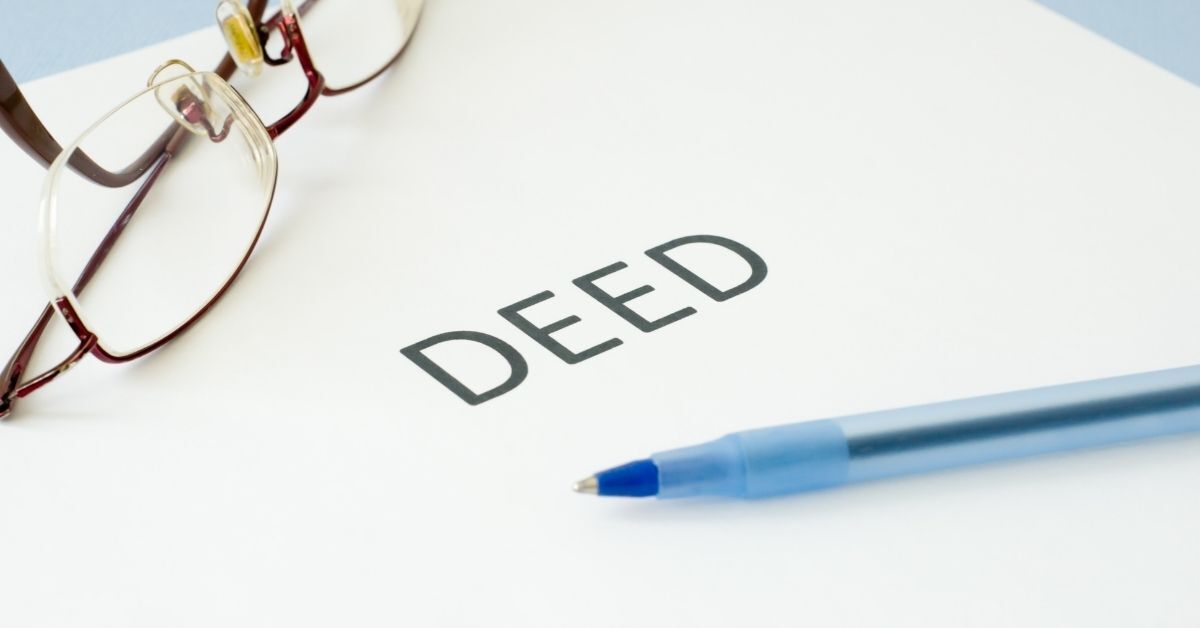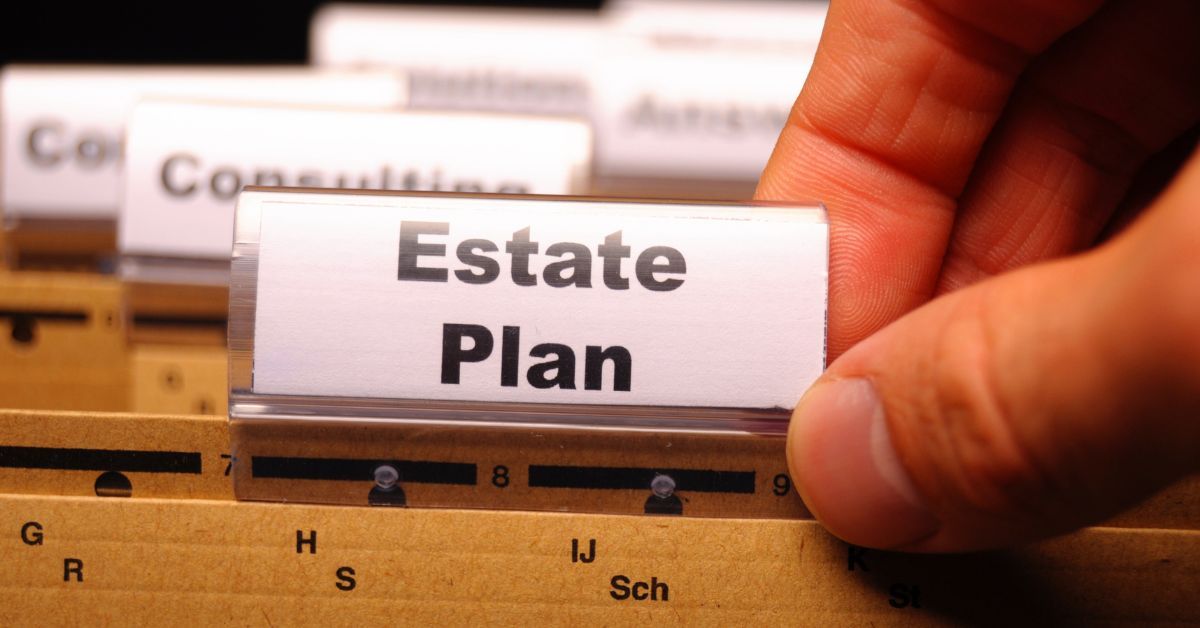What Is a Deed and When Is It Helpful to Have One in Australia?
What Is a Deed and When Is It Helpful to Have One in Australia?
When dealing with contracts it is important to know what a deed is. A deed is a binding promise to do something that requires no consideration. This is one of the key differences that makes a deed different from an agreement and/or contract.
A deed shows that someone has a serious intent to do what they said they would do with another party. They are most commonly used to pass legal or equitable interests in property, to confirm an agreement between parties, or to create a binding obligation on another party.
Our team at KMB Legal has decades’ worth of collective
experience in commercial and family law that allows us to personalise services for the Gold Coast community.
Whether you need assistance for a small business or large enterprise, or you are simply making a deed for a personal situation, we are here to help make it a fast and simple process. We can assist from drafting documents to negotiations, and settling disputes.
If you are preparing to execute a deed there are formalities you will need to adhere to. This article will cover important information you will want to know. Here is what to expect:
- What is a deed?
- How are deeds and agreements different?
- Different types of deeds
- Key components of a deed
- Are deeds legally binding?
- How to execute a deed
- Final thoughts
- FAQ
- What type of deed is commonly used?
- What is a deed in a mortgage?
- Where are property deeds kept?
- What is a deed in property law?
- Does a deed need two parties?
- What is a settlement deed?
- Is there a limitation period for deeds?
- Key takeaways
- Get your questions answered
What Is a Deed?
A deed is a particular form of legal document which indicates a party’s promise to do something. There are many different types of deeds, and they are specific to their local state or territory.
The common law requirements for executing a deed are for it to be written, sealed and delivered to the other party. People usually create a deed as a solemn indication that they intend to transfer an interest in property or create an obligation they must act on.
A deed becomes contractually binding even without consideration. However, if you fail to follow the guidelines set forth by your local laws you may create a deed that is unenforceable.
How Are Deeds and Agreements Different?
Although they may seem similar, there are two key differences between deeds and agreements.
There are three specifications for making an agreement:
There needs to be a party that makes an offer and a party that accepts that offer- The parties need to have the intention of being legally bound
- There needs to be an exchange of consideration (something of value)
The first important difference is there are only two necessary specifications to form a deed. They are that an offer is made and there is an intent to be legally bound. There is no consideration provided when making a deed.
To give a simple example, if you sell something for the money
you may need an agreement. But if you are giving something away that does not require consideration you might need a deed.
A second key difference between deeds and agreements is that you only need the deed signed, sealed, and delivered by one party to become a binding agreement. Whereas with an agreement you must have the signature of both parties for it to be legally binding.
Different Types of Deeds
- Confidentiality deed
- Deed poll
- Deed of termination
- Escrow deed
- Financial guarantee or letter of credit
- Indemnity deed
- Deed of forbearance
- Deed of settlement
- Deed of novation
- Deed of release
Key Components of a Deed
There are 45 formalities of deeds as outlined by the Property Law Act of 1974. It states that you do not need to use any formal words to form a deed. But, it must be signed, sealed and delivered by the executing party, with at least one witness.
Other key components are to include the names of involved parties, the date, and any clauses or covenants.
Are Deeds Legally Binding?
Deeds are not just fancy words. Executing a deed does create a binding obligation that becomes legally enforceable.
If there is a breach of a deed you can pursue remedies against the breaching party. The most common is specific performance or damages for breach.
A breach occurring for a deed is more simple to take to court than one concerning an agreement, as it does not require proof that consideration was given.
How To Execute a Deed?
Deeds created for companies require two directors, or one director and the company secretary, to provide their signatures. No witnesses are required. As soon as one party signs the deed it becomes binding. It does not matter if the other party has signed the document or not.
The person signing the deed must write it down and deliver it to the other party.
If you are creating a deed outside of business reasons, then you should have at least one witness to the signature. The witness should be over the age of 18 years old, and must have known you for at least one year. They must include their full name and residential address, and they cannot be a party to the transaction.
You may also wish to seek advice from a legal professional to make sure you execute the deed correctly. The legislation will be specific to each state and if you make a mistake the deed can be unenforceable in court.
Final Thoughts
Deeds can seem easy to create, however, to form a deed that is valid and enforceable, it may be wise to seek legal assistance. A deed executed for a business may be more complicated than one created for personal reasons. The right legal services can help you understand and follow all of the professional standards legislation requirements.
FAQ
What Type of Deed Is Commonly Used?
Deeds of confidentiality are an example of a type of deed commonly used. They are helpful when a party wishes to receive confidential information without providing any consideration.
This piece of contract law protects any confidential information shared between companies, like intellectual property. It includes many clauses that detail the consequences of disclosing information from your confidential discussion.
But there are many other reasons someone might want to use a deed. Here are some of the reasons they are commonly used:
To pass a legal or equitable interest in property or other rights- To confirm an agreement that passes legal interest in property or rights
- To bind another party by an obligation
- To share intellectual property between two companies
- To evidence an agreement that is made after a dispute between two parties
- To provide a bank guarantee
- To ensure another party does not share confidential information with a non-disclosure deed
- To transfer property
What Is a Deed in a Mortgage?
A deed in a mortgage is referred to as a Certificate of Title, or a title deed. It is a document prepared to transfer the property into the name of the buyer. It is a legal document showing who owns the property.
Each Australian state and territory manage their land registries. For example,
Titles Queensland manages the digital copies for Queensland. Check with your local agency for specific details.
Where Are Property Deeds Kept?
The government used to hold paper title deeds for every property in Queensland. In 1994 they went digital, and now the Queensland Land Titles Registrar manages them.
Property owners can have a certificate of title if they would like one. But, you must first apply to get one. If you have a mortgage on the property you will need your mortgagee to consent to its issuance as well.
What Is a Deed in Property Law?
A deed in property law comes from the Old System, or general law title passed down from the crown. Most of the land in Australia is now held under the Torrens title system. This includes all of the lands in the Australian capital territory.
However, much of the Northern territory is still under general law. This means it still verifies the validity of the deed of conveyance for the property and ensures proper title for the deed of transfer to be clear.
Does a Deed Need Two Parties?
You do not need two parties to become legally bound by a deed. It becomes immediately binding when the executing party signs it.
What Is a Settlement Deed?
You can use a deed of settlement when you are in a commercial dispute and have reached an agreement for a resolution that you are ready to formalise. A deed of settlement will make sure that the agreement is satisfied. If it is not, the breaching party can be taken to court.
Is There a Limitation Period for Deeds?
There is a limitation period for bringing a deed to court. It can vary by state so check for current time frames in your specific location. The limitation periods start at the point when the breach, or dispute, first occurred.
At the time of this article, the limitation periods are:
- New South Wales limitation period - 12 years
- Queensland limitation period - 12 years
- Australian Capital Territory limitation period - 12 years
- Western Australia limitation period - 12 years
- Tasmania limitation period - 12 years
- South Australia limitation period - 15 years
- Victoria limitation period - 15 years
Key Takeaways
Remember, the major difference between a deed and an agreement is that there is no consideration required for the creation of a deed, and only the person executing the deed needs to sign it to be legally binding.
They are commonly used to show that someone has the most serious indication to do something. They often serve as evidence that property interest or something similar is being exchanged.
You should check with the legislation specific to your state, region, or territory to find out the specifics when entering into any agreements, as modern contract law can change frequently.
It is always a good idea to seek out legal guidance when you plan to create legal relations. A professional legal team can provide advice and assistance. This can save time and cost that might arise from mistakes when trying to do it yourself.
Get Your Questions Answered
Let our team at KMB Legal help you with your deed creation. We can assist in drafting fully enforceable deeds you can rely on should you experience a breach down the road.
If you seek specific advice about a deed that has already been executed we can help you sort any questions. Please contact us for a
free consultation.





